No products in the cart.
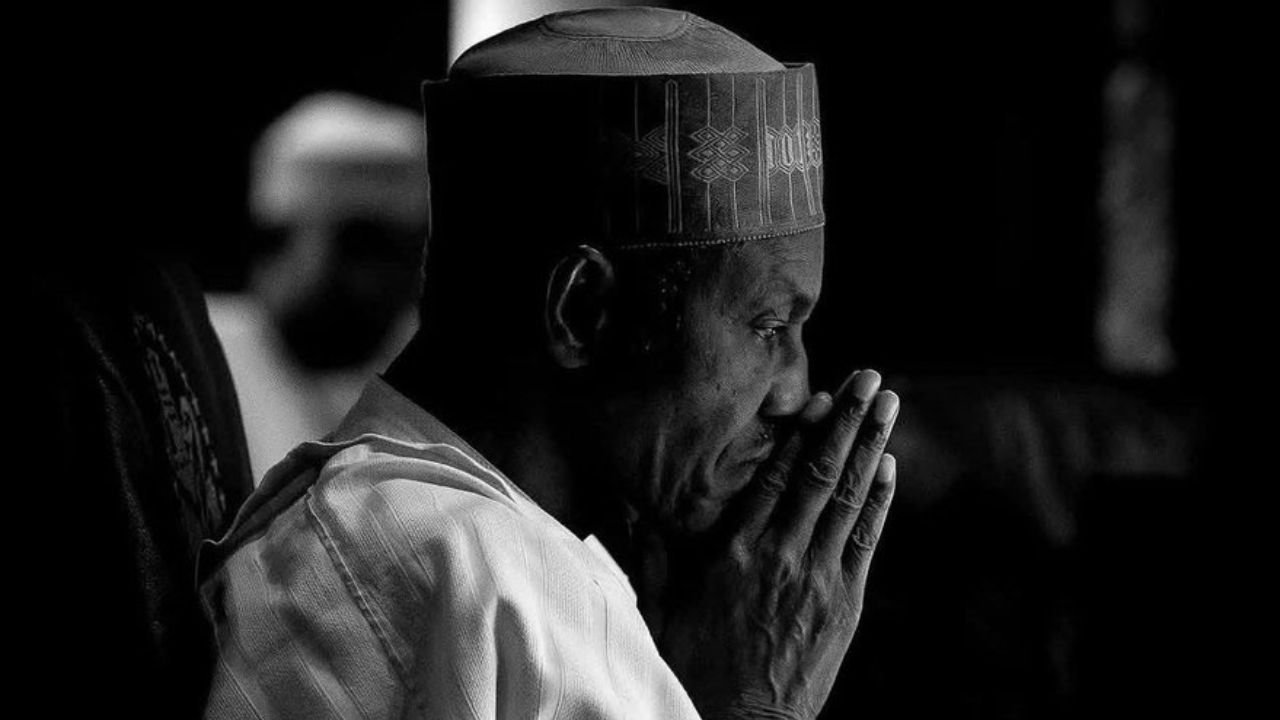
Few figures in Nigeria’s post-independence history have left a mark as deep and divisive as Muhammadu Buhari. From a stern military officer to a two-term civilian president, Buhari’s life embodied the complex interplay between authoritarianism and democracy in Africa’s most populous nation. He rose to national prominence through the barrel of a gun in 1983, and over three decades later, he returned through the ballot box, an unusual trajectory that makes his story even more compelling.
Buhari’s name conjures different emotions for different Nigerians. To some, he was a disciplined leader who took a hard stance against corruption and sought to restore integrity to public life. To others, he was a rigid ruler whose tenure was marked by economic hardship, intolerance for dissent, and controversial policies. Yet, love him or loathe him, his leadership spanned critical moments in Nigeria’s development, from military coups and civil reform to insurgencies and global diplomacy.
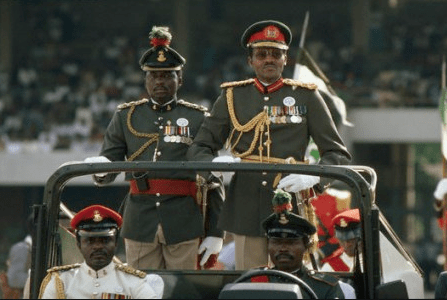
This article explores 25 rare facts you did not know about Nigeria’s sixth president. Each point highlights the decisions, contradictions, and milestones that defined a man whose life mirrored the nation’s most turbulent and transformative years. Whether remembered for his iron will or missed opportunities, Buhari’s legacy is sure to remain a subject of debate for generations to come.
Contents
Early Life and Upbringing
1. Born in Daura, Katsina State on December 17, 1942, Muhammadu Buhari hailed from a Fulani family and was the 23rd child of his father, Mallam Hardo Adamu. His father died when he was young, leaving him to be raised by his mother, Zulaihat, who instilled in him the values of hard work and discipline.
2. Muhammadu Buhari attended Katsina Middle School, then the Katsina Provincial Secondary School, where he developed a strong interest in the military.
Military Formation and Civil War Years
3. In 1962, he joined the Nigerian Military Training College (NMTC) in Kaduna and later trained at the Mons Officer Cadet School in Aldershot, England. Commissioned as a second lieutenant, he began a professional military career that would shape the trajectory of his life.
4. Muhammadu Buhari played a role in the counter-coup of July 1966, which toppled Major-General Johnson Thomas Aguiyi-Ironsi’s regime.
5. He served as a company commander in the Nigerian Civil War, leading troops on the northern front for the 1st Division.
6. Buhari was appointed Military Governor of the North-Eastern State in 1975 under the Murtala Muhammed regime.
Military Head of State (1983–1985)
7. On December 31, 1983, Muhammadu Buhari led a coup that overthrew President Shehu Shagari’s democratically elected government.
8. As Head of State, he launched the famous War Against Indiscipline (WAI) to instil public morality and order. His regime jailed many politicians for corruption, some under questionable retroactive decrees like Decree 20. He introduced Decree 4, which targeted journalists and curtailed press freedom.
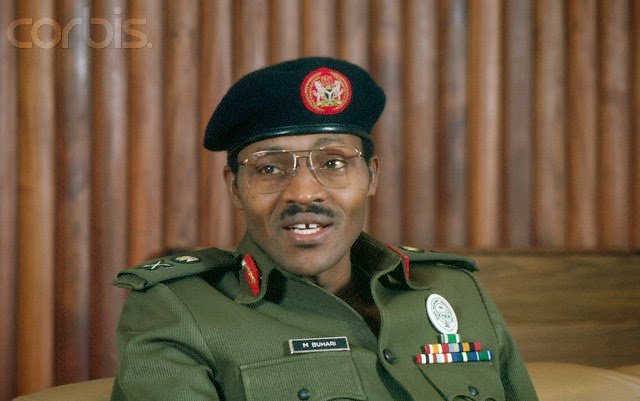
9. In early 1984, in a bid to extradite Umaru Dikko, President Shagari’s Minister of Transport during the Second Republic, diplomatic tensions quietly flared between Nigeria and the United Kingdom. At the height of this unease, British Prime Minister Margaret Thatcher threatened to publish the names and account details of all Nigerians, particularly public officials, holding bank accounts in the United Kingdom.
However, the Head of State, Major-General Muhammadu Buhari, and his military colleagues quietly backed down as this would have certainly destroyed the credibility of these military officers, many of whom were believed to maintain foreign bank accounts, especially in the United Kingdom, and any public revelation would have fatally undermined their campaign against corruption. So, the Buhari regime thought of another option to extradite Dikko – Mossad, the national intelligence agency of the State of Israel.
10. Buhari’s government also executed drug traffickers, despite international criticism, showing an iron-handed approach to justice.
11. On August 27, 1985, he was deposed in a bloodless coup by his Chief of Army Staff, Major-General Ibrahim Babangida.
Years in Detention and Return to Civil Service
12. Following his overthrow and arrest by Babangida in 1985, Major-General Muhammadu Buhari spent three years in detention in a small-guarded bungalow in Benin City. The deposed head of state had access to a television that showed just two channels, and his family members were allowed to visit him only with the authorisation of Babangida.
13. Buhari returned to public life in 1995 as chairman of the Petroleum Trust Fund (PTF) under the Sani Abacha regime, overseeing infrastructure projects funded by oil revenues.
Transition to Politics
14. Buhari joined partisan politics in 2003, contesting for president under the All Nigeria Peoples Party (ANPP) but lost to Olusegun Obasanjo.
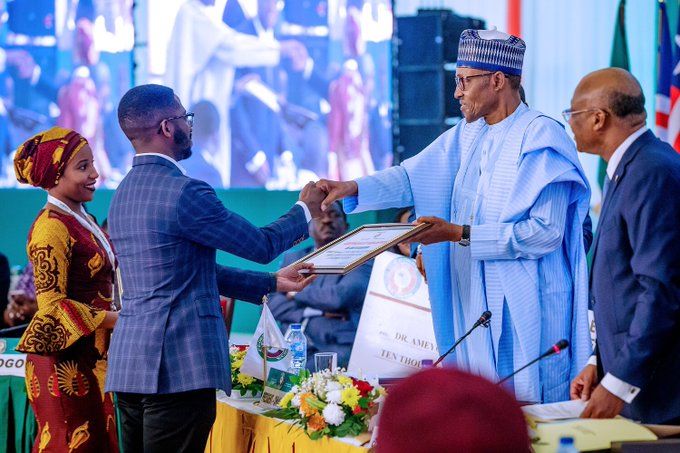
15. He contested again in 2007 and 2011, unsuccessfully, each time alleging electoral fraud and vowing to fight on.
16. In 2013, he co-founded the All Progressives Congress (APC), a coalition of opposition parties, positioning himself for another presidential run.
Civilian Presidency (2015–2023)
17. Buhari made history in 2015, defeating President Goodluck Jonathan to become Nigeria’s first opposition candidate to win a presidential election.
18. He introduced the Treasury Single Account (TSA) to unify government revenues and reduce leakages.
19. Buhari faced health challenges, particularly in 2017, when he spent over 100 days in London for medical treatment.
20. In 2019, he was re-elected, defeating Atiku Abubakar amidst widespread voter apathy and electoral controversy. Critics accused him of centralising power, showing ethnic bias, and failing to address rising insecurity, unemployment, and economic decline.
21. Despite the challenges, Buhari completed his second term and peacefully handed over to Bola Tinubu on May 29, 2023.
22. During Buhari’s eight years in office, 63,111 Nigerians were killed due to insecurity – 27,311 persons were killed in his first term (2015-2019), while 35,800 were killed in his second term between May 2019 and May 2023.
Retirement and Death
23. At 80 years old, Muhammadu Buhari remains Nigeria’s oldest elected president to have left office. After leaving office, Buhari returned to Daura, where he lived a quiet life, largely absent from political affairs.
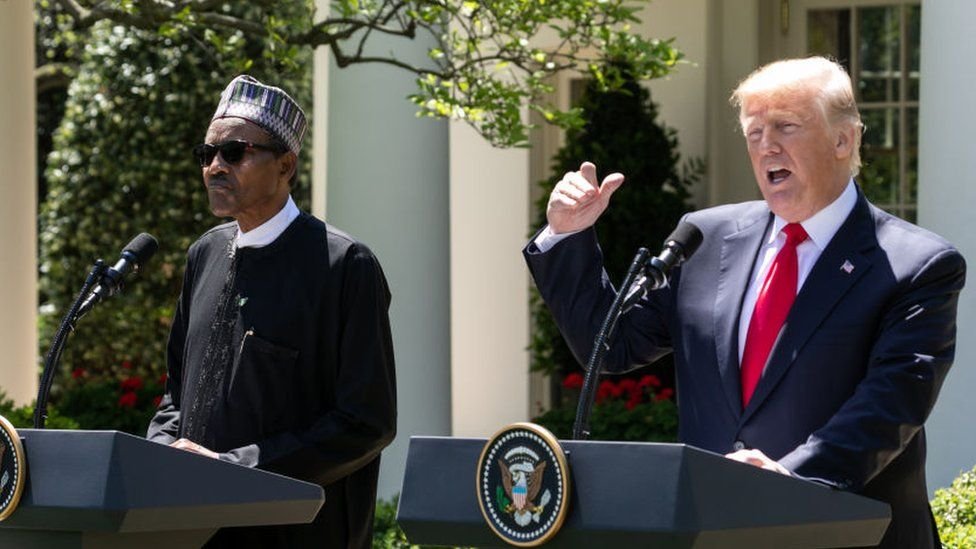
24. Muhammadu Buhari became the first Nigerian president/head-of-state to die abroad when he passed away on July 13, 2025, in a London clinic. He was 82. His death was met with a mixture of tributes and reflection across Nigeria and the world.
25. Muhammadu Buhari had the shortest retirement period of any Nigerian Head of State or President who left office alive – just two years, one month and 14 days.
Conclusion
Muhammadu Buhari’s life was a study in paradox: the disciplined soldier who became a tough civilian reformer, the austere military ruler who eventually embraced democracy, and the persistent candidate who ultimately made history. Whether regarded as a hero of anti-corruption or as a leader who fell short of promises, his legacy is embedded deeply in Nigeria’s political evolution. As Nigerians continue to reflect on his decades of influence, Buhari remains a towering figure whose journey mirrored the trials and transformations of the nation he once led twice.
Your support can make a world of difference in helping us continue to bring Nigeria’s rich history to life! By donating to HistoryVille, you’re directly contributing to the research, production, and storytelling that uncover the incredible stories of our past. Every donation fuels our mission to educate, inspire, and preserve our heritage for generations to come.
Additionally, if you’re a business or brand, running adverts with us is a powerful way to reach an engaged audience passionate about history and culture while supporting content that matters.
Please stay connected with us through our social media handles and make sure you are subscribed to our YouTube Channel. Together, let’s keep the stories of Nigeria’s past alive.


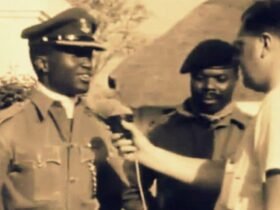
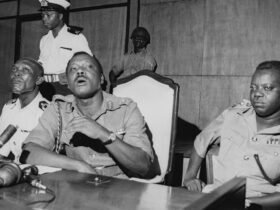

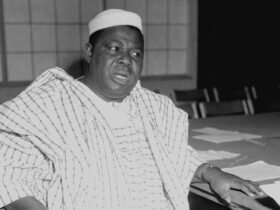

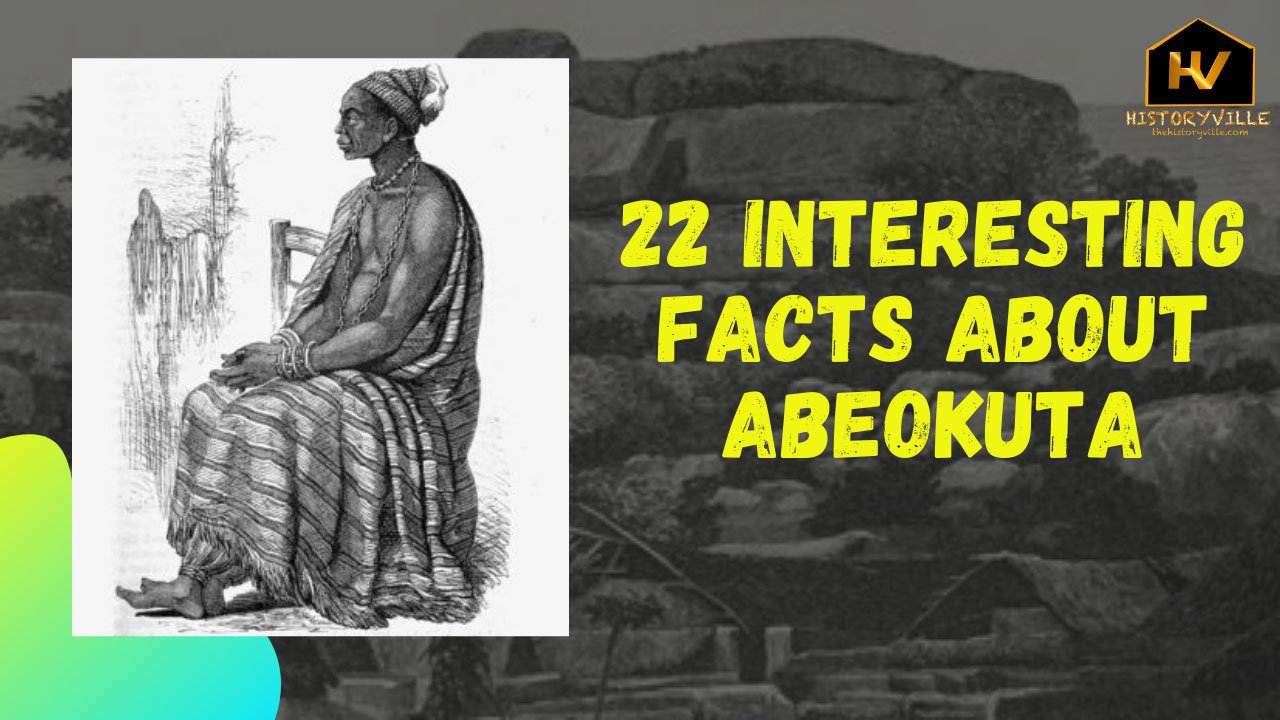
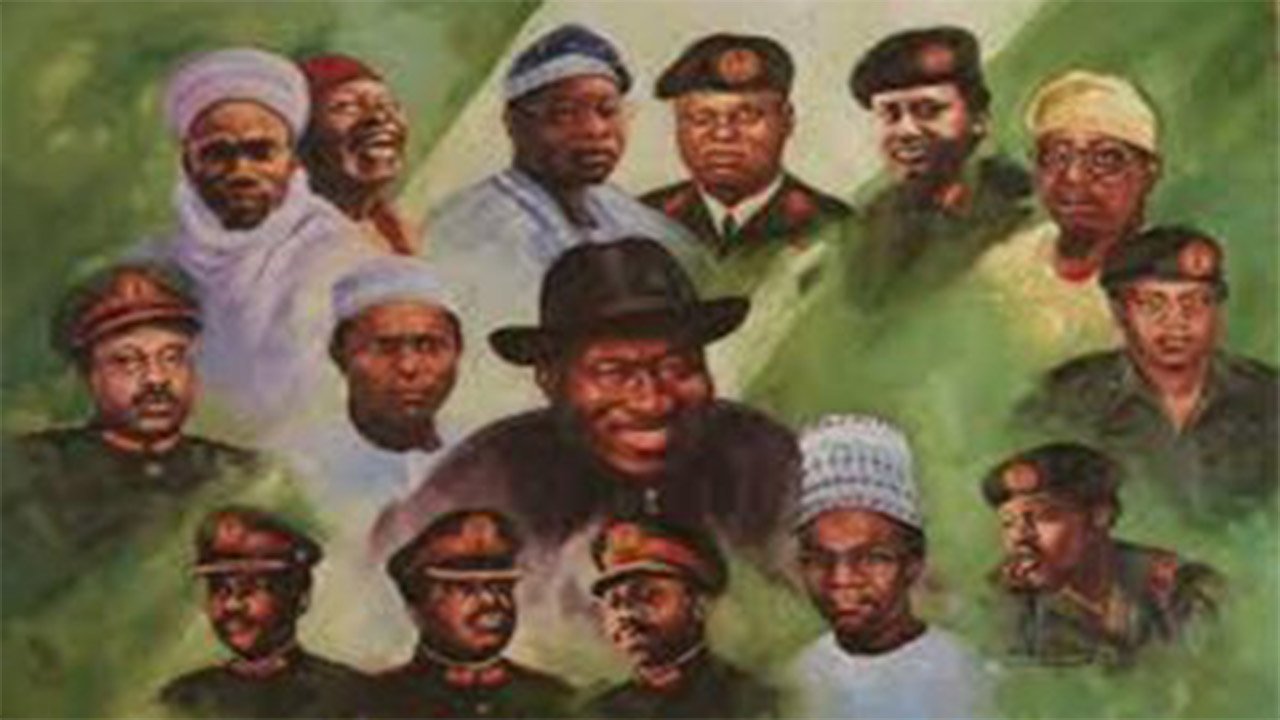
Leave a Reply
View Comments